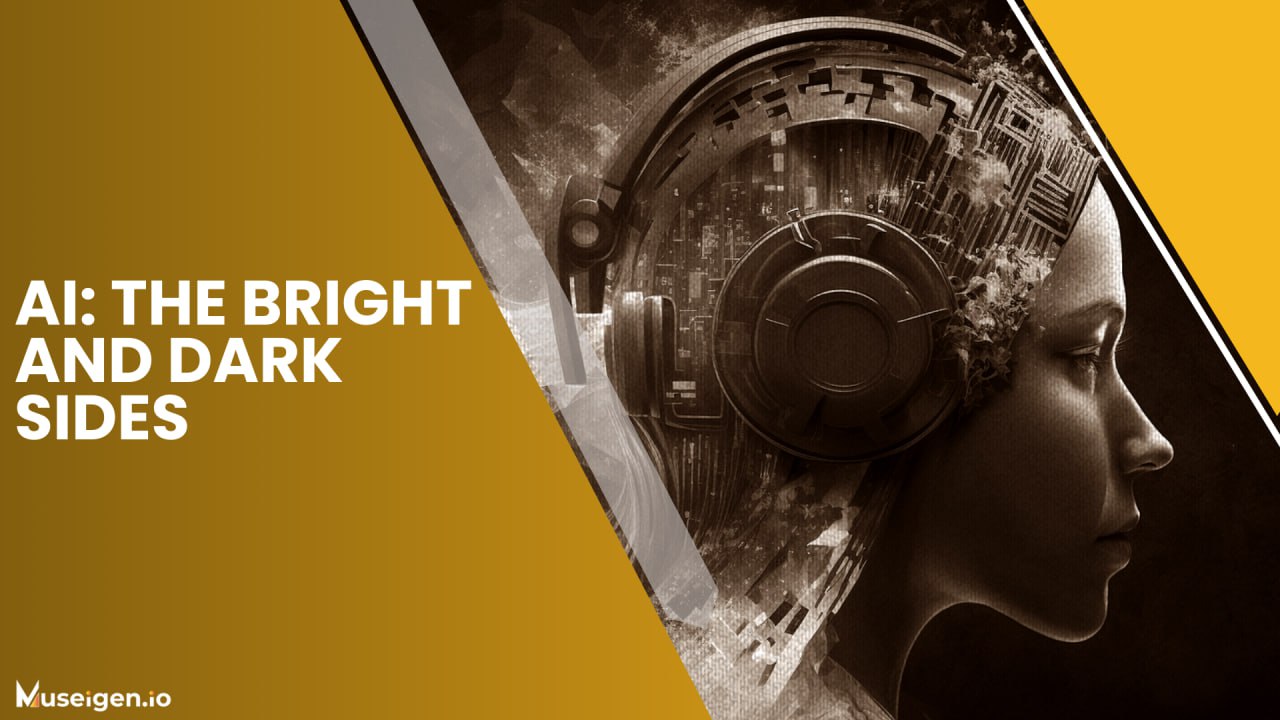Artificial intelligence (AI) is often associated with robots from science fiction movies, but in reality, its applications are much broader.
Artificial Intelligence (AI) is changing how industries function, creating new job opportunities, improving privacy measures, and unlocking fresh possibilities for innovation. With its advancing technology, AI is introducing automation and efficiency in various sectors, creating new roles and responsibilities. AI solutions prioritize data security and privacy, ensuring that sensitive information remains protected. This transformative potential of AI is revolutionizing how businesses operate and how individuals interact with technology, paving the way for exciting developments in the future.
Here are the top 3 Key Benefits of Artificial Intelligence:
- Minimizing Mistakes:
- When programmed correctly, AI-powered computers don’t make errors.
- AI models use predictive analysis, reducing the chance of mistakes.
- This saves time and resources while ensuring accurate results.
- Streamlining Routine Tasks:
- AI automates repetitive tasks like data collection, email responses, and more.
- Employees can focus on tasks requiring human skills.
- Efficiently Handling Large Data Sets:
- AI quickly processes and analyzes big data.
- It extracts relevant information for analysis.
- AI can interpret and transform data for further use.
However, while AI has many advantages, its downsides can impact jobs, privacy, and other areas. Although AI technology can boost efficiency and help in various tasks, it is essential to recognize that it can lead to job displacement and concerns about personal privacy. As AI becomes more prevalent in our daily lives, it is crucial to understand its benefits and drawbacks to make informed decisions about its implementation and regulation.
The top three drawbacks of Artificial Intelligence (AI) are:
- Job Displacement:
- AI automation can result in the loss of specific jobs as tasks become automated, reducing the need for human labor in some industries
- Privacy Concerns:
- AI systems often rely on vast amounts of data to function effectively, raising concerns about privacy breaches and data misuse, mainly concerning personal information.
- Bias and Discrimination:
- AI algorithms can inherit biases from the data they are trained on, resulting in discriminatory outcomes, such as biased hiring practices or unequal treatment in decision-making processes.
Fun Fact: Did you know that AI can actually beat humans at chess, but when it comes to dancing, they’ve got two left feet? Even the most advanced AI systems struggle to bust a move on the dance floor!
As we conclude, it is crucial to recognize that while AI provides many benefits, such as improved efficiency, job opportunities, and enhanced privacy measures, it also poses some challenges that require our attention. As technology advances, we must address job displacement, privacy breaches, and biases. By acknowledging these drawbacks and actively working on solutions, we can tap into the full potential of AI while minimizing its negative impacts. Going forward, a balanced approach that prioritizes ethical considerations and regulatory frameworks will be critical in ensuring that AI serves the best interests of society and contributes positively to our lives.
___________________________________
Disclaimer: “The articles on this website reflect the opinions of the respective writers and are not the opinion of Museigen.io. In addition, nothing in this article should be considered as financial advice. It is essential to conduct your independent research and consult with a qualified financial advisor before making any financial decisions.”


